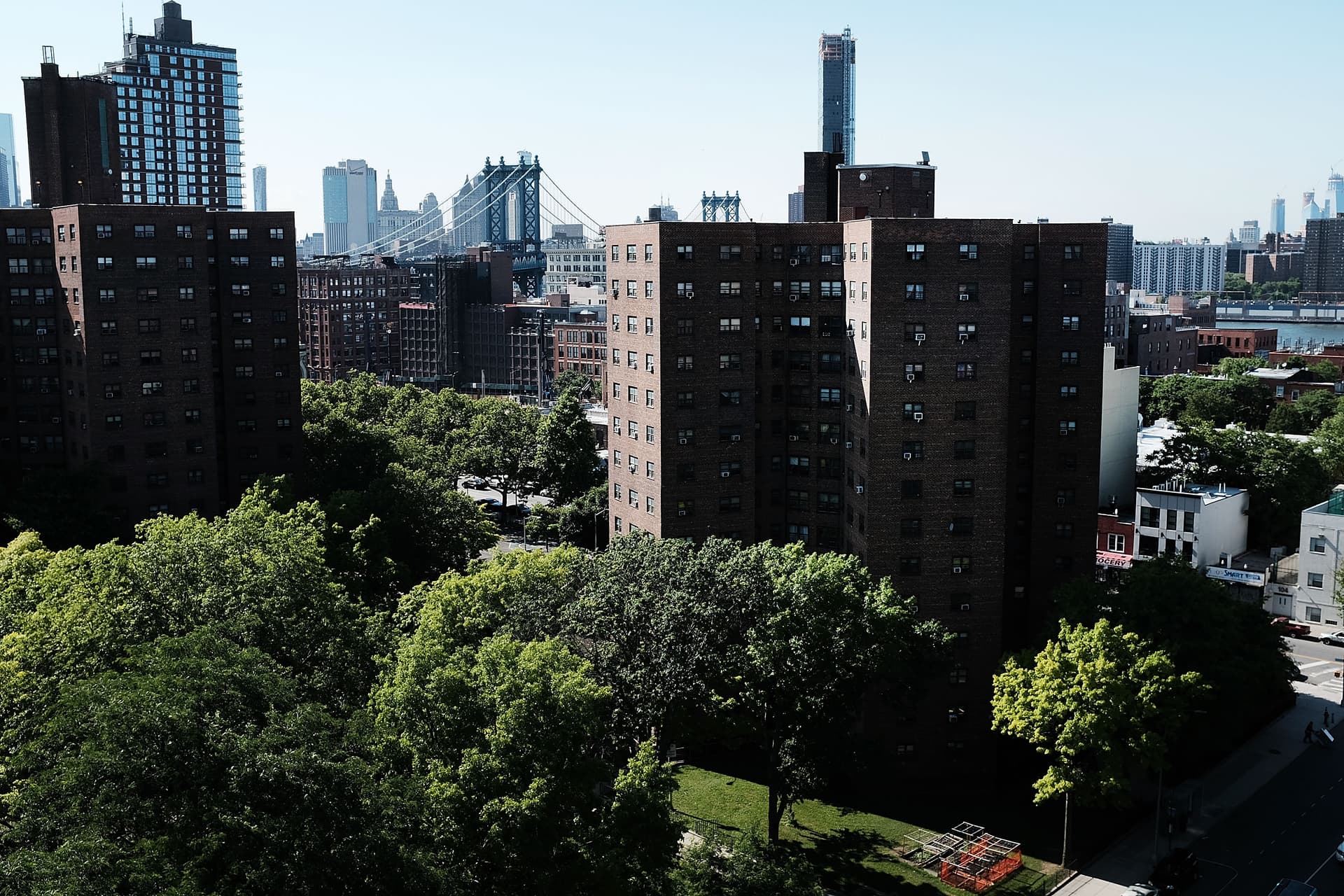
Cincinnati Considers Marijuana Tax To Fund Reparations Program for Residents in Predominately Black Neighborhoods
By LUKE FUNK
|This article is from the archive of The New York Sun before the launch of its new website in 2022. The Sun has neither altered nor updated such articles but will seek to correct any errors, mis-categorizations or other problems introduced during transfer.


By LUKE FUNK
|
By LUKE FUNK
|
By NEWT GINGRICH
|
By STEPHEN MOORE
|
By MATTHEW RICE
|
By MATTHEW RICE
|
By MARIE POHL
|
By NOVI ZHUKOVSKY
|Already have a subscription? Sign in to continue reading
$0.01/day for 60 days
Cancel anytime
By continuing you agree to our Privacy Policy and Terms of Service.